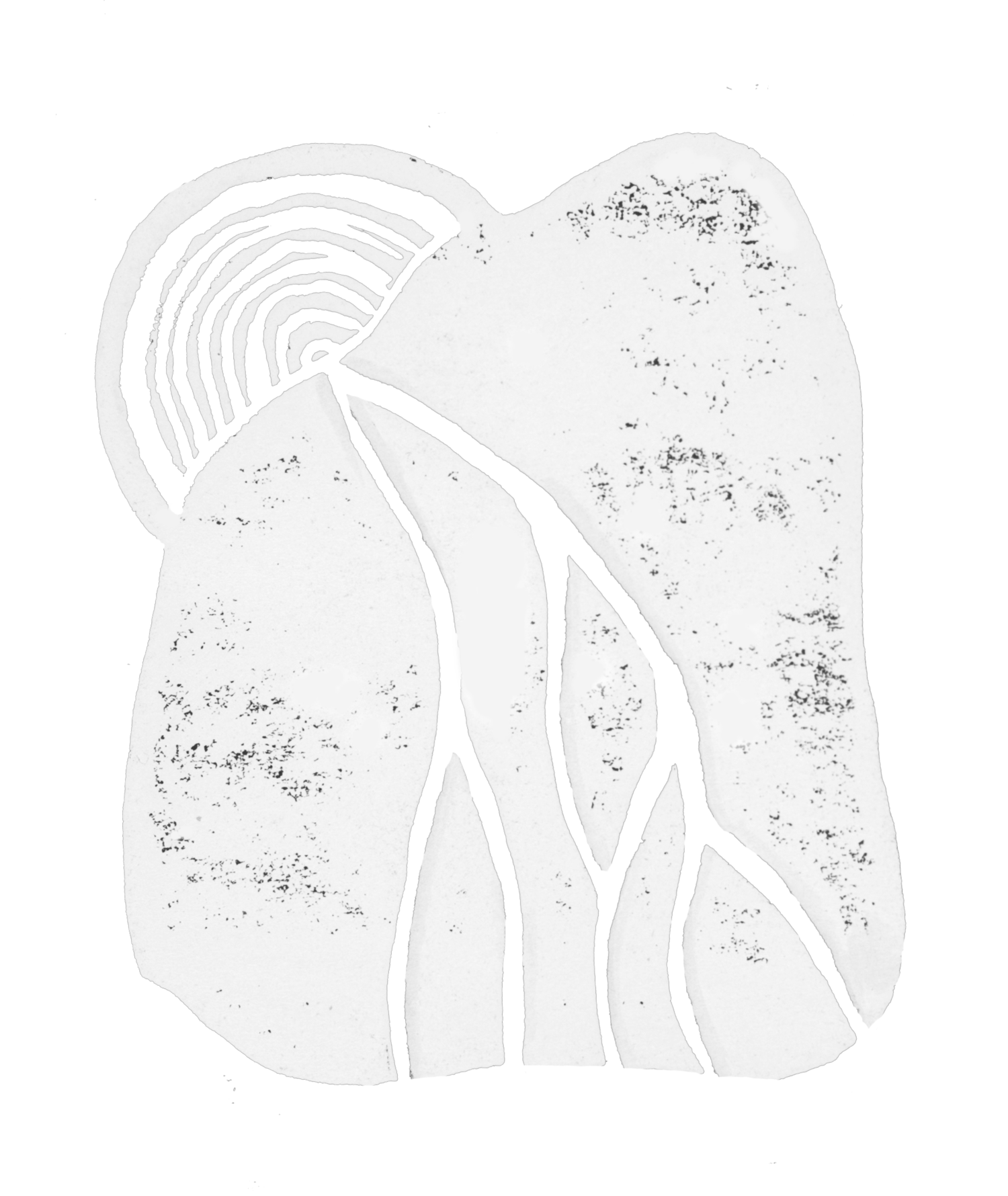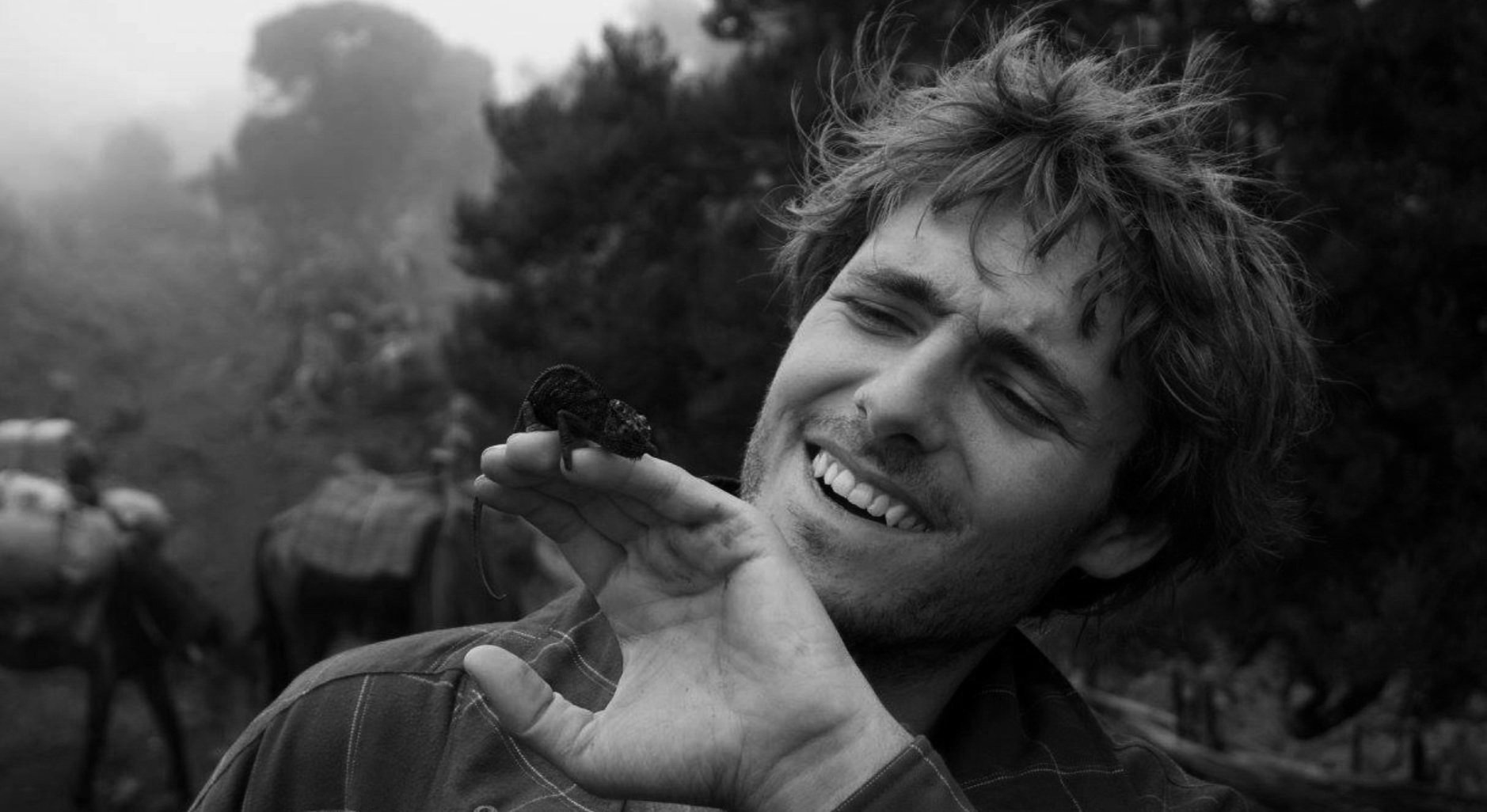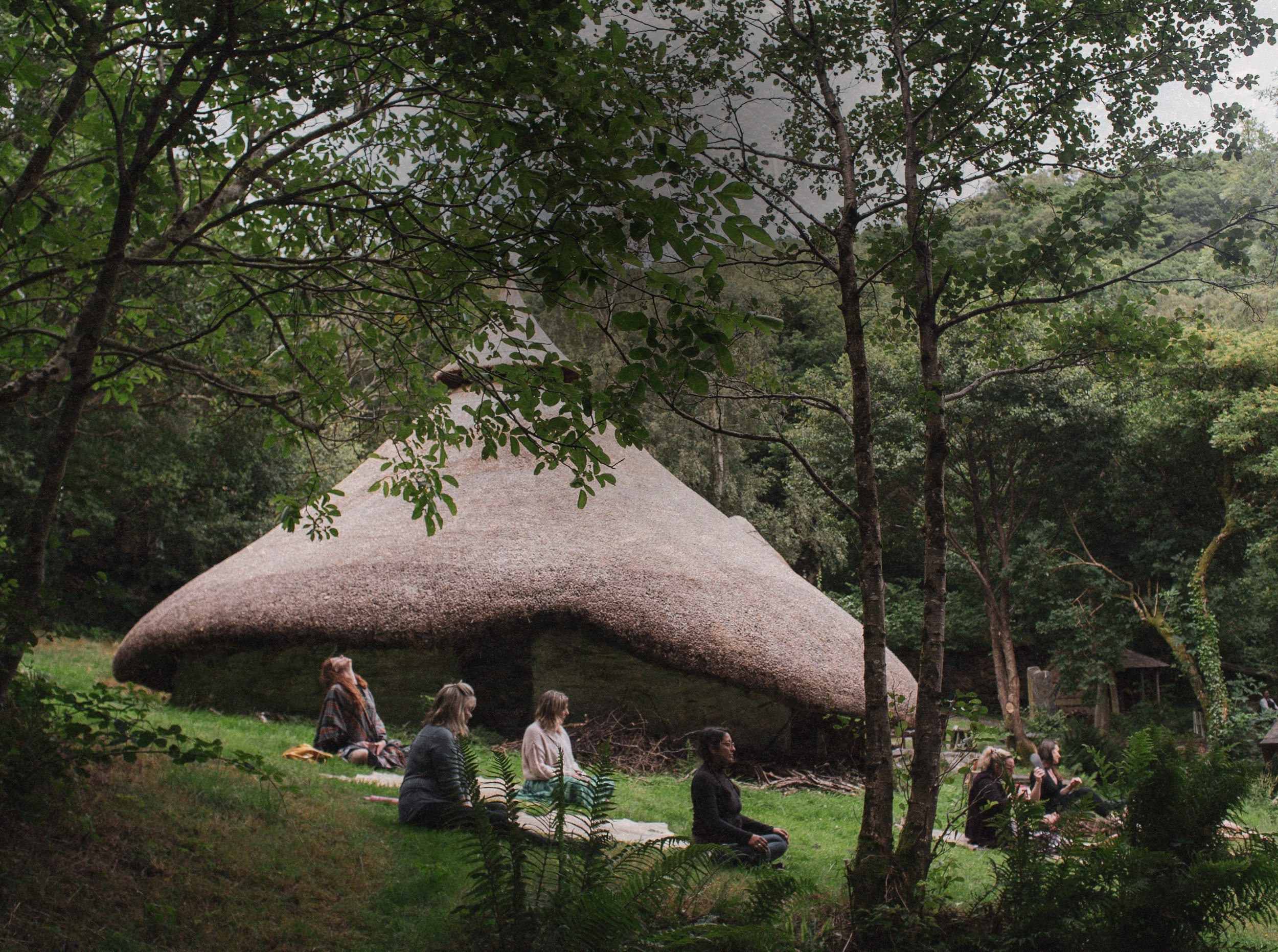
column
Catalysing Connection: Psilocybin + Biophilia
Words by DR SAM GANDY
PhD Ecologist, Psychedelic Researcher + Nature-Connectedness Advocate
Biophilia has been defined as “the connections that human beings subconsciously seek with the rest of life”, encompassing our innate love of nature.
Our species has spent 99.99% of its existence inhabiting natural settings, to which our physiology and psychology is adapted. Biophilia is analogous to the construct of nature connectedness (or nature relatedness), which are constructs that capture an individual’s personal relationship with the natural world. Nature connectedness has been defined as “a realisation of our shared place in nature - how we experience the world here and now; our emotional response, beliefs, and attitudes towards nature”. It is tied to the sense of belonging to the wider natural world as part of a larger community of nature.
There is a growing body of evidence that demonstrates an association between psychedelic usage and nature relatedness. This connection to nature is not something detached, objective or knowledge based - it is primarily experiential and emotional.
It is also vital for our capacity to flourish as beings, having been linked to a form of well-being encompassing life meaning, vitality and self-actualisation, and it has also been tied to various indicators of happiness. High ratings of nature connection are associated with higher valuations of intrinsic (e.g., personal growth, intimacy, community) as opposed to extrinsic (e.g., money, image, fame) aspirations. Our connection to and love of nature is also linked to the value we place on having contact with nature (with further benefits to health), and it is also tied to feelings and actions of care and stewardship towards the natural world.
Of the various psychedelics, psilocybin may have a particular propensity towards kindling a sense of kinship with nature. One study combined five independent datasets, totalling a sample of over 3,800 people assessing the association between type of psychedelic used and nature relatedness. Only psilocybin emerged as a reliable positive predictor of nature relatedness, and the three subdimensions that make up the overall measure that assess different facets of people’s relationship with nature.
This also applied to psychedelic-naive individuals without any prior experience with psychedelics, and frequency of psilocybin usage also positively predicted nature relatedness among those who had used it exclusively. This wasn’t simply reflective of context, or of more people consuming mushrooms in nature, or with the motivation to connect with nature, which did not vary significantly with the type of psychedelic used.
One study sought to shed light on why people’s relationships with nature can shift following a psychedelic experience. A range of different transpersonal experiences were reported in association with psychedelic use, but central among them were experiences of interconnectedness. Feelings of interconnectedness with nature, of being part of nature, seem to be a primary facet of the psychedelic experience, described over and over again in experience reports, research surveys, and key historical accounts of early psychedelic experiences. Experiences of the shared fundamental interconnectedness of all people and things, and the awareness that we are all in this together are also a central aspect of the mystical or spiritual peak experiences that psilocybin can occasion.
Psilocybin experiences can viscerally illuminate how we are all part of an interconnected web of being, and this can potentially leave an indelible mark on the people that experience it, potentially shifting their perspective on life.
People described such experiences as serving to bolster a pre-existing relationship with nature, and those lacking this felt such experiences help them establish a bond with nature. People also reported a range of benefits associated with natural settings for psychedelic experiences. An account from one of the Imperial College psilocybin studies highlight how this feeling of interconnectedness with nature may come about:
“Before I enjoyed nature, now I feel part of it. Before I was looking at it as a thing, like a TV or a painting. [But] you’re part of it, there’s no separation or distinction, you are it.”
Some fresh research has examined how psilocybin can shift people’s connection to nature in more depth. Psilocybin seems to work in part by enhancing individuals’ capacity for absorption, encompassing the degree to which one becomes engrossed in mental and sensory stimuli, be that internal or external. Absorption has been linked to a sensitivity and responsiveness to aesthetics. When directed towards the natural world, it seems that this enhancement in one’s capacity for absorption makes one more sensitive to and appreciative of beauty in nature. This in turn acts as a pathway towards a deepened connection to nature.
A shift in connectedness to nature elicited by the psilocybin also appeared to be part of a broader shift in connectedness (to others and world), of which the connection to nature was just a part.
learn more about our ceremonial gatherings + psychedelic retreats
An account from Reddit highlights how this deepened feeling of aesthetic appreciation of nature may come about:
“Most beautiful experience of my life. Trees, grass, flowers, clouds. It was like I’d never seen any of them before, they’re so colorful and intricate. I’ve been staring at TVs and phones for so long, [psilocybin] mushrooms really brought back the appreciation for the world around.”
This builds on a previous small study conducted by Imperial College that demonstrated a sustained shift in nature relatedness that was observed a year after the psilocybin experience. Intriguingly, such shifts can occur even in the context of a clinical setting lacking in nature. This stands in stark contrast to more conventional nature connection enhancing interventions (which unsurprisingly feature nature-based settings taking centre stage) and hints that this may be an intrinsic property of the psychedelic experience to some degree. Further work is required to shed light on the influence natural settings may have on outcomes. It will be exciting to witness and support the findings from the research Rooted Healing will be contributing to from 2024 onwards.
Our alienation and disconnect from the natural world runs deep. Our connection to nature is being eroded on multiple fronts, and it would be naive and misguided to pin all our hopes on psilocybin alone to catalyse connection and push back against this. Psychedelics such as psilocybin are not necessary to cultivate connection to nature - but they may have a role to play. We’d certainly be foolish not to explore any avenues open to us at this time. What if rather than vilifying these substances, we held them in the same high regard that some Indigenous groups do?
The foundation of one’s connection to nature is awareness, and where we choose to place it. While psilocybin can impact our awareness, we have the power to direct it as we wish in our sober waking lives, and taking the time to notice and appreciate the natural world around us is key. The Swiss chemist Albert Hofmann was a lifelong nature lover, and he was the creator and discoverer of LSD, and the first person to isolate and synthesise psilocybin, unlocking the psychedelic power of the mushroom in pure form. In his words:
“Go to the meadows, go to the garden, go to the woods. Open your eyes!”
You can listen to Sam share on similar themes on the Rooted Healing podcast in our episode ‘Psilocybin and Beavers Rewinding Our World’.
Join us at EARTH MEDICINE
experience psilocybin ceremonies nestled in ancient coastal forest
continue reading our journal
-

Catalysing Connection: Psilocybin and Biophilia
Of the various psychedelics, psilocybin may have a particular propensity towards kindling a sense of kinship with nature.
-

Rooted Resilience: Why Practice Deep Ecology?
Each one of us has a role to play in the movement toward a world where belonging is the birthright of every human, plant, animal, rock and river.
-
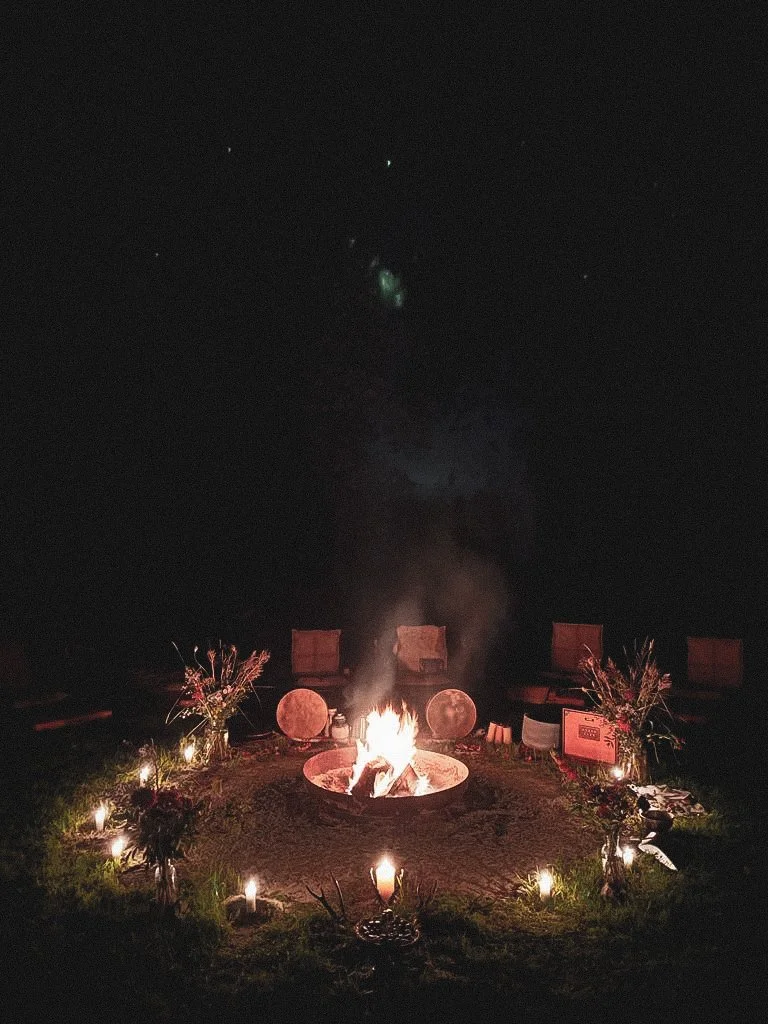
The Past, Present and Future of 'Magic Mushrooms'
Today, the once-unbroken lineages of traditional knowledge regarding the 15+ psilocybin fungus species and their ceremonial uses have significantly diminished.
